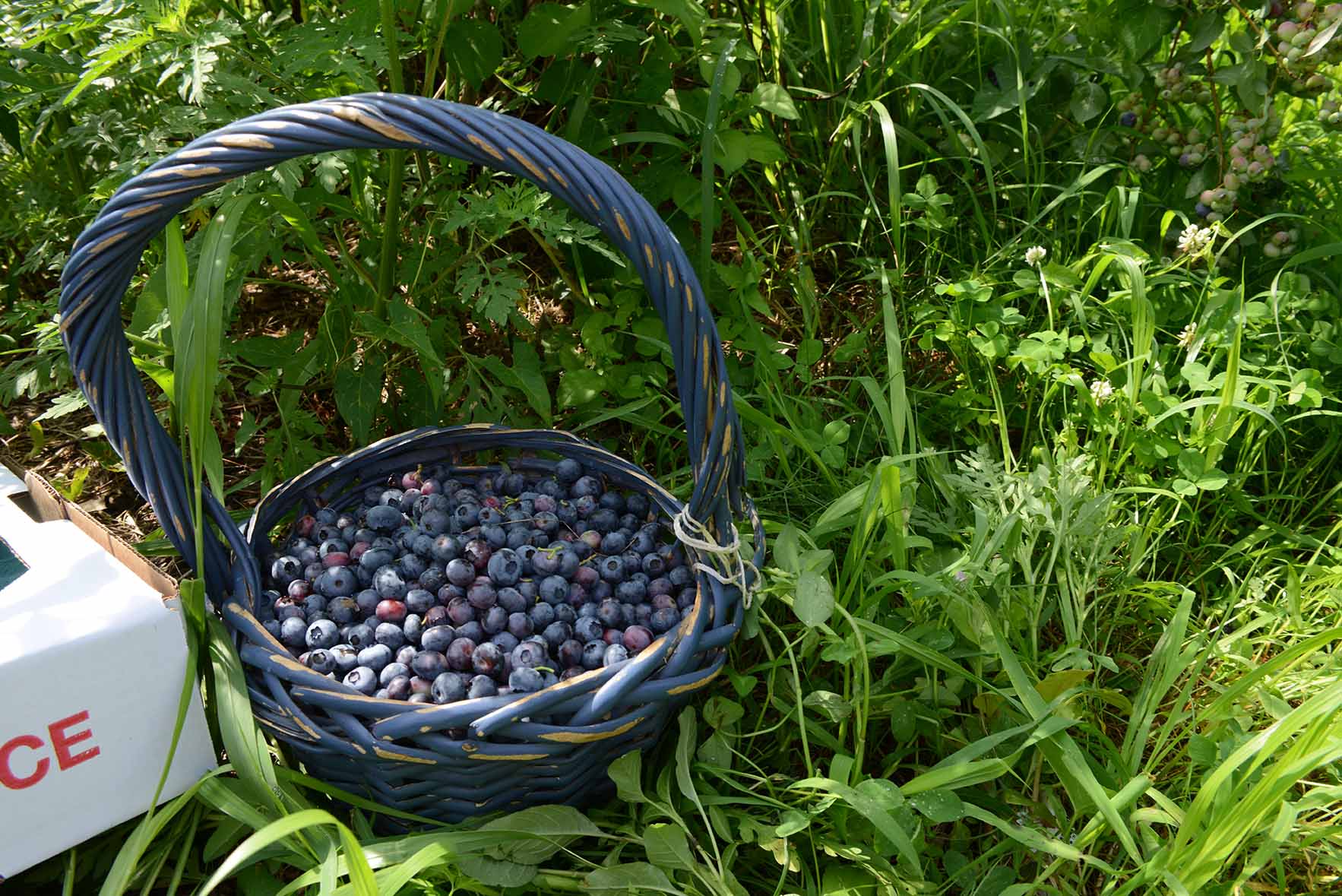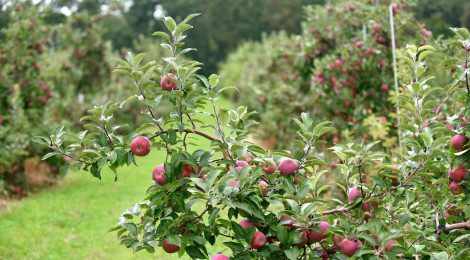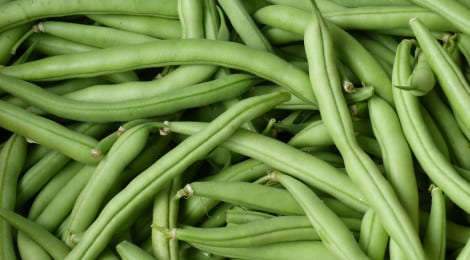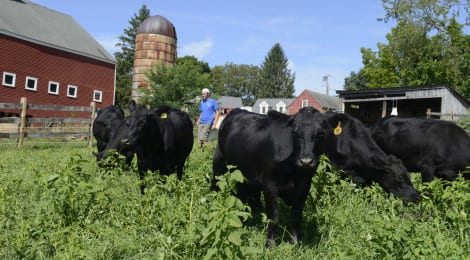
Food Vision Prize Bringing Frozen Maine-Grown Produce to New England
The availability of local food year-round is limited in New England, due to the short growing season. In northern New England, this effect is magnified. The University of Maine at Farmington and the University of Maine at Presque Isle in partnership with their dining service provider Sodexo and partners at the Good Shepherd Food Bank and Maine-based food producer Wyman’s, will endeavor to develop vegetable freezing capability in Maine, which represents a first-in-the-area opportunity to meet demand for locally sourced and processed produce at a price the local market can afford. Vegetables that are sustainably grown in New England will be sold into institutional markets and will also enhance nutrition in hunger relief channels, capitalizing on the Food Bank’s existing network including distribution routes to the K-12 market.
Institutions such as those within the University of Maine system–and partner Sodexo–look for local options when purchasing food, but the limited growing season and the lack of a local freezing facility restricts what is available to them. This means during the winter and spring months, when fresh, local produce is not available, they must rely on produce from further away, produce that retains fewer nutrients and come from larger commercial farms that use higher levels of pesticides and herbicides to support their volume. As Maine’s farmers are able to provide more local product, more healthy, locally-grown food will then be available year round.
This project will be transformational for enabling local food consumption by institutions and all consumers year-round. In addition, the project will create significant market opportunity for farmers who are currently restricted in growing product primarily for only the fresh market. By having local product available year-round, the project team hopes that institutional buyers and consumers will begin to view local food consumption as a year-round focus.
The second phase of the project includes creating a mission-branded, retail line that leverages the selling power of local products and the social impact component of the product reducing hunger in the region. Partners have begun conversations with a major, regional supermarket chain who is interested in carrying the product line. This would make affordable, locally, processed vegetables available to all consumers, year-round. With the Food Bank as a partner, the project also connects local food with low-income consumers and the institutions that serve them, thereby improving access to healthy food for the most marginalized communities.
The availability of local food year-round is limited in New England, due to the short growing season. In northern New England, this effect is magnified. The University of Maine at Farmington and the University of Maine at Presque Isle in partnership with their dining service provider Sodexo and partners at the Good Shepherd Food Bank and Maine-based food producer Wyman’s, will endeavor to develop vegetable freezing capability in Maine, which represents a first-in-the-area opportunity to meet demand for locally sourced and processed produce at a price the local market can afford. Vegetables that are sustainably grown in New England will be sold into institutional markets and will also enhance nutrition in hunger relief channels, capitalizing on the Food Bank’s existing network including distribution routes to the K-12 market.
Institutions such as those within the University of Maine system–and partner Sodexo–look for local options when purchasing food, but the limited growing season and the lack of a local freezing facility restricts what is available to them. This means during the winter and spring months, when fresh, local produce is not available, they must rely on produce from further away, produce that retains fewer nutrients and come from larger commercial farms that use higher levels of pesticides and herbicides to support their volume. As Maine’s farmers are able to provide more local product, more healthy, locally-grown food will then be available year round.
This project will be transformational for enabling local food consumption by institutions and all consumers year-round. In addition, the project will create significant market opportunity for farmers who are currently restricted in growing product primarily for only the fresh market. By having local product available year-round, the project team hopes that institutional buyers and consumers will begin to view local food consumption as a year-round focus.
The second phase of the project includes creating a mission-branded, retail line that leverages the selling power of local products and the social impact component of the product reducing hunger in the region. Partners have begun conversations with a major, regional supermarket chain who is interested in carrying the product line. This would make affordable, locally, processed vegetables available to all consumers, year-round. With the Food Bank as a partner, the project also connects local food with low-income consumers and the institutions that serve them, thereby improving access to healthy food for the most marginalized communities.


